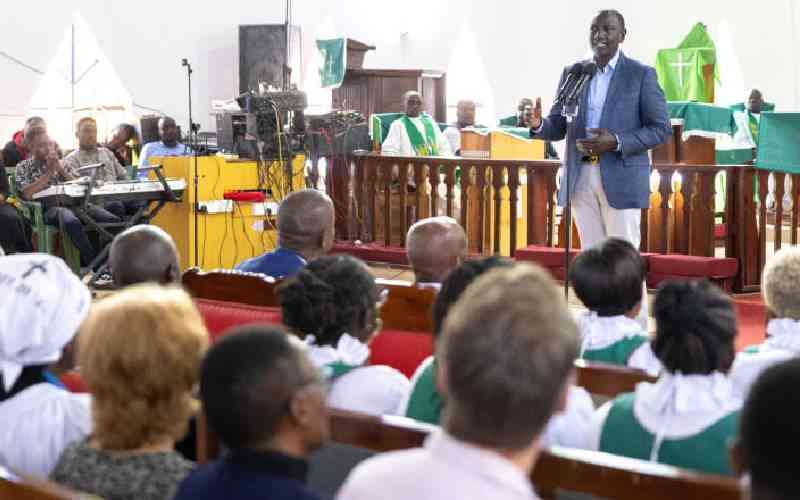×
The Standard e-Paper
Smart Minds Choose Us

Is the State seeking to interfere with the Church? Some religious leaders say it is, others don't agree.
A section of clerics claim the State had infiltrated their congregations and was monitoring their sermons.







